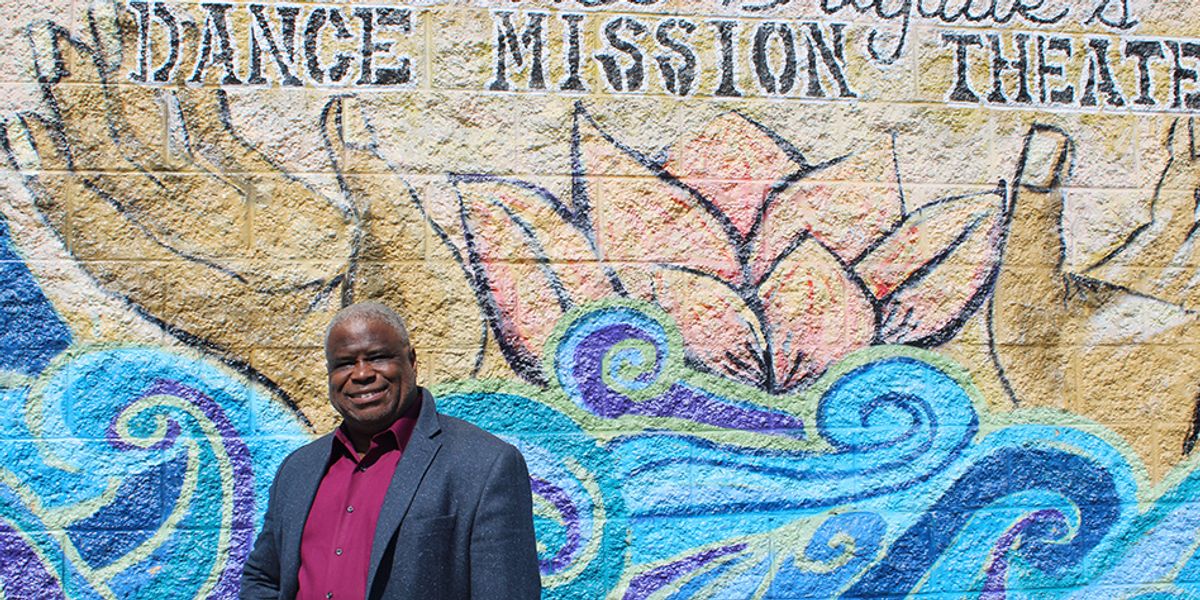Why Dance Mission Theater is Starting a Reparations Program
In the wake of renewed Black Lives Matter protests this summer, and as the dance world continues to reckon with its own racial biases, Dance Mission Theater has started a reparations program. The initiative gives Black artists free use of theater space for performances and rehearsals, and reduced rates on adult classes and studio rentals. Additionally, tuition for youth classes is waived for Black students.
The San Francisco–based program, spearheaded by Dance Mission’s artistic and executive director Krissy Keefer, is open to all Black dance artists, regardless of where they live in the country. The initial screening process is simple: “We accept any person who claims their heritage,” Keefer says. “You tell us, and we believe you.”
Keefer has a decades-long history of advocating for Black liberation—in the 1980s, she joined a political organization called the Uhuru Movement, which espouses socialist and Black nationalist ideologies—and says the Reparations Program at Dance Mission was largely inspired by that. Starting the program, she says, “just seemed like the right thing to do to actually recognize the contributions that Black people made to the arts and to dance that they haven’t ever gotten credit for, and give Black people access to the material resources that we hold at Dance Mission.” Stella Adelman, the organization’s managing director, says they expect the studio’s regular revenue to cover the costs of the program.
As of press time, Dance Mission’s physical space remains mostly closed due to San Francisco’s COVID-19 restrictions, as it has been since March. In the meantime, says Adelman, they’ve been laying the groundwork for when they can safely reopen, talking to, mentoring and signing contracts with artists interested in the program.

JH Photography, Courtesy Wright
Choreographer Jamie Ray Wright, whose DanceWright Project has had 12 seasons at Dance Mission, will take part this spring. “The program will relieve me of a major expense of our seasons,” he says, referring to free use of the theater. “It will allow me to take much better care of my dancers, collaborators and technical partners.”
In the past, Wright’s work has dealt with issues of racism in somewhat nuanced ways. But his artistic voice has taken on a more direct tone lately. “The times demand a more sober response from artists,” Wright says. “And I am hoping to be able to make a coherent statement about the feelings that I live with every day, and often.”
Adelman says that artists looking to participate in the program should contact her directly. Participants are offered a standard contract, and have access to the theater for the same number of hours any other client would. The only difference is that “the line item in the Reparations contract that says ‘theater rental’ is ‘$0.’ ”




